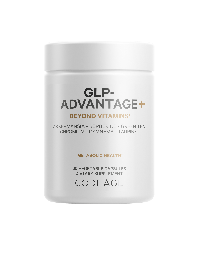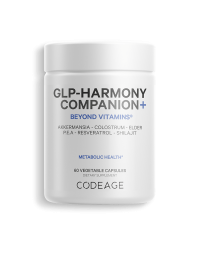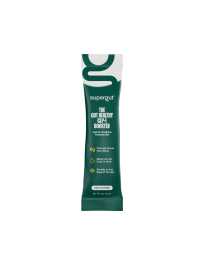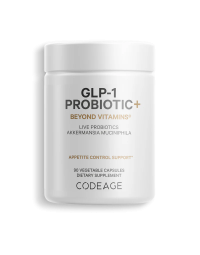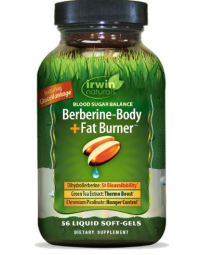GLP-1, or glucagon-like peptide-1, is a hormone critical for regulating blood sugar levels. The primary function of GLP-1 is to enhance insulin production and inhibit glucagon release from the pancreas. This helps to reduce blood sugar levels, especially after meals, by promoting glucose uptake into cells and preventing the liver from producing excess sugar. GLP-1 also slows down the emptying of the stomach.
GLP-1's role in weight loss is attributed to its impact on appetite control. By delaying stomach emptying and signaling satiety to the brain, GLP-1 helps individuals feel fuller for longer periods, leading to reduced calorie consumption. This mechanism, combined with the hormone's effect on glucose regulation, can aid in supporting healthy weight loss.
GLP-1 medications, such as injectable GLP-1 receptor agonists, mimic the effects of naturally occurring GLP-1 in the body. Although these drugs are becoming more popular, they come with various side effects. Common side effects include loss of muscle mass, digestive issues such as bloating and esophageal discomfort, and fatigue. Furthermore, once prescribed, doctors suggest that GLP-1 medications be taken indefinitely. When coming off the medication, it is incredibly common to regain lost weight and potentially gain even more weight.


Ways to Naturally Support GLP-1 Agonist Activity
To naturally increase GLP-1 levels for sustainable weight loss, incorporate several nutrition and lifestyle practices into your daily routine. One way to support healthy GLP-1 levels is by consuming a balanced diet rich in fiber. Foods such as fruits, vegetables, whole grains, and legumes are excellent sources of dietary fiber. Aim to include a variety of these foods in your meals to provide your body with the necessary nutrients to produce GLP-1. Supergut The Gut Healthy GLP-1 Booster comes in a convenient one-serving packet that contains 6g of prebiotic fiber, 1g net carb, and 0g sugar that can help aid in improved digestion.
In addition to fiber, incorporating healthy fats into your diet can also help stimulate GLP-1 production. Foods like avocados, nuts, seeds, and olive oil are great sources of monounsaturated and polyunsaturated fats. These healthy fats not only support GLP-1 production but also provide numerous other health benefits. Try to avoid processed foods and sugary beverages, as they can interfere with GLP-1 function.
Regular exercise is another powerful tool for naturally increasing GLP-1 levels. Engaging in physical activity, whether it's walking, jogging, cycling, or any other form of exercise, can help improve insulin sensitivity and promote GLP-1 secretion. Aim for at least 30 minutes of moderate-intensity exercise most days of the week.
Chronic stress can disrupt hormone balance, including GLP-1 production. Incorporate stress management techniques into your daily routine, such as meditation, deep breathing exercises, or engaging in hobbies you enjoy. Lastly, getting enough sleep is crucial for overall hormone regulation, including GLP-1. Aim for 7-9 hours of quality sleep each night to support your body's natural processes, including the production and regulation of GLP-1.


Supplements to Boost GLP-1 and Weight Loss
For those looking for additional support outside of diet and lifestyle practices, supplements can provide help through improving nutritional deficiencies and providing targeted ingredients for weight loss. Codeage GLP-Advantage+ offers a sophisticated formula that includes chromium and berberine HCl, ingredients known for their role in supporting metabolic health and potentially promoting GLP-1 activity. Additionally, Irwin Berberine Body + Fat Burner includes chromium picolinate, green tea, and a unique bioavailable form of berberine that targets optimized blood glucose and fat metabolism, insulin efficiency and helps minimize carbohydrate cravings.
Lastly, Codeage GLP Harmony Companion+ is a great addition to your supplement regimen for people already using GLP-1 medications. The supplement combines Lion's Mane, PEA, colostrum, shilajit, elder fruit, akkermansia, resveratrol, and other ingredients to support metabolic health. It is formulated to help aid digestive health and vitality.
By incorporating these supplement, nutrition, and lifestyle practices into your daily routine, you can support your overall health and well-being. Remember to consult with a healthcare professional or registered dietitian before making any significant changes to your diet or exercise routine.


